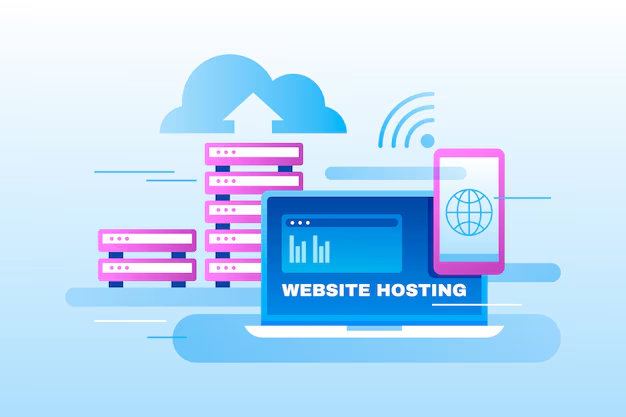Over 70% of corporate networks now rely on intermediary servers to manage traffic and ensure privacy. Platforms like proxy-man.com provide users with reliable proxy solutions that mask IP addresses, bypass geo-blocks, and optimize data flow, making them essential tools for both businesses and individual users.
How Proxy Servers Work
A proxy server acts as an intermediary between a user’s computer and the websites they wish to access. Each device has a unique IP address, revealing information such as country, region, and even the local network. When a proxy is used, this real IP is hidden, allowing users to access content that may be restricted in their location.
The process works as follows:
- The user sends a request to a website.
- The request is routed through the proxy server.
- The target website processes the request and sends the response back to the proxy.
- The proxy delivers the information to the user.
Most operating systems and browsers support proxy configuration natively, so no additional software is required. Users only need the proxy’s IP, port, and optional login credentials. Services like proxy-man.com simplify setup and provide ready-to-use solutions for individual and corporate clients alike.
Why Users and Companies Rely on Proxies
Proxy servers serve multiple practical purposes:
- Anonymity: Conceals real IP addresses to enhance privacy and security.
- Multi-device Management: Multiple devices can share a single IP, hiding internal traffic from external resources.
- Access to Restricted Content: Useful for employees when certain websites are blocked during work hours.
- Bandwidth Optimization: Compresses data, reducing network load.
- Load Management: Caches frequently accessed files, speeding up access.
- Geo-block Bypass: Allows access to blocked social networks or entertainment platforms.
- Automation and Multi-account Operations: Supports bulk posting or simultaneous logins.
These capabilities make proxies especially popular in corporate environments, where networks require strict traffic control and security management.
Free vs. Paid Proxy Services
Users have two main options: free or paid proxies.
- Free proxies are often limited in speed, reliability, and uptime.
- Paid proxies, such as those offered by proxy-man.com, provide stable performance, server location selection, high speed, and full feature access.
Professional services often include:
- IPv4 and IPv6 support
- Multiple protocols (HTTP, HTTPS, SOCKS5)
- Bandwidth up to 100 Mbps
- Flexible authentication methods (login/password or IP binding)
- 24/7 technical support and partner programs
Private proxies are issued to individual users, remain anonymous, and are often classified as “elite” proxies. Prices per IP typically decrease with larger packages.
Proxy vs. VPN
While both proxies and VPNs can provide access to restricted content, their implementation differs:
- VPNs: Connect users via a shared virtual network, often reducing speed and complicating multi-account operations. They also tend to be more expensive.
- Proxies: Offer dedicated IPs, faster connections, and greater stability, ideal for automation, multi-account management, and corporate usage.
VPN limitations include slower browsing, occasional disconnections, and shared IP addresses that may trigger site bans. In contrast, proxies are more cost-effective, versatile, and reliable for diverse online tasks.
Conclusion
With digital privacy and efficiency more critical than ever, proxy servers are indispensable tools for modern internet users. By leveraging high-quality platforms like proxy-man.com, individuals and companies alike can enjoy faster connections, enhanced privacy, and unrestricted access to online resources — all while maintaining full control over network traffic.

